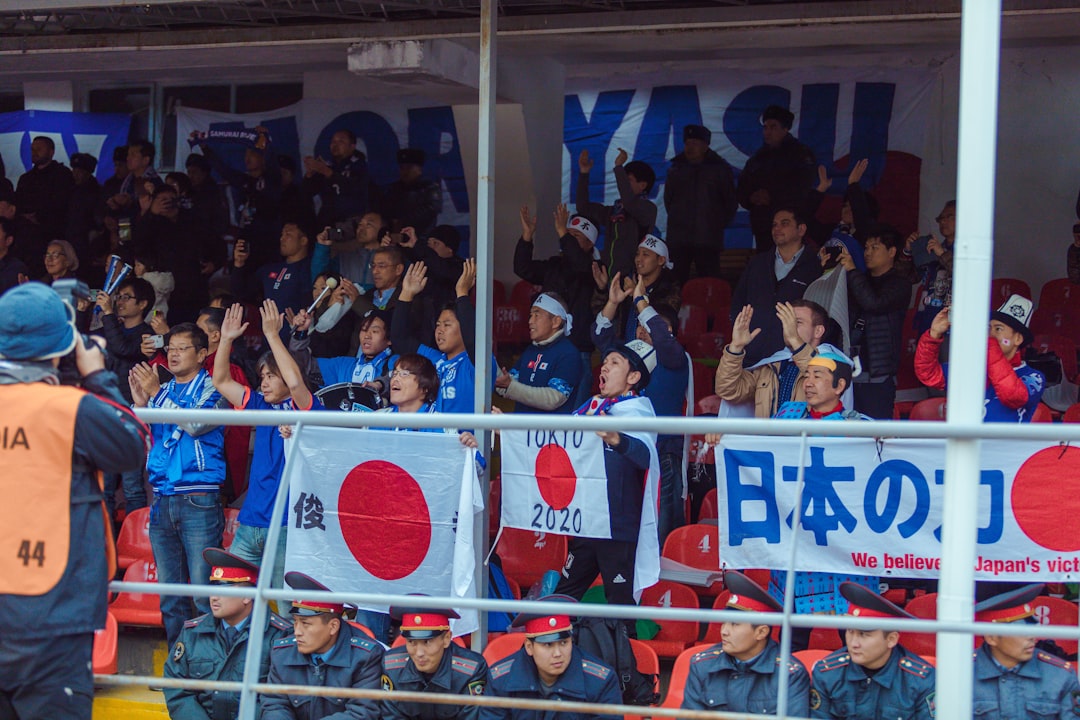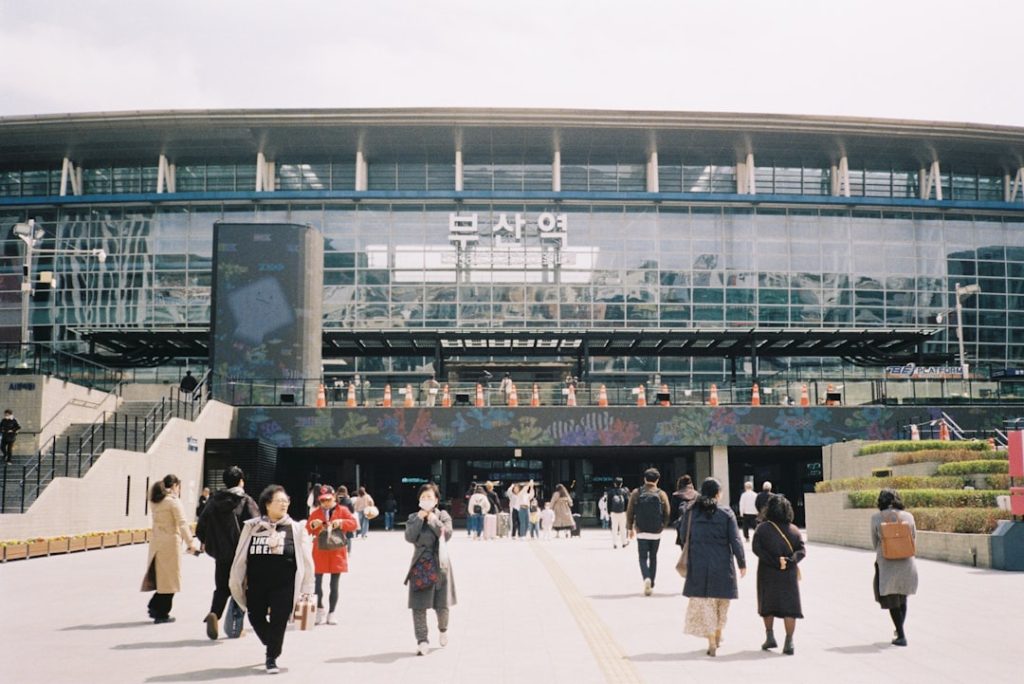Baseball has long been considered America’s pastime, but in Japan, it enjoys an equally fervent and deeply rooted following. Since the sport was introduced to the country in the 1870s, Japanese baseball has evolved into a cultural phenomenon that integrates athleticism, tradition, and community spirit. From the Tokyo-based Yomiuri Giants to the spirited Hanshin Tigers of Osaka, each team contributes to an energetic and unique baseball culture that is distinctly Japanese.
The Origins of Japanese Baseball
Baseball was introduced to Japan by American educators and expatriates in the Meiji Era. The first official game took place in 1872, and from there, the sport rapidly gained popularity in schools and universities. By the 1930s, professional leagues began to form, leading to the eventual creation of the Nippon Professional Baseball (NPB) league in 1950, which still governs the sport today.
The NPB is divided into two leagues: the Central League and the Pacific League, each comprising six teams. Unlike Major League Baseball (MLB) in the U.S., Japanese baseball places a stronger emphasis on teamwork, precision, and community support, traits that reflect broader aspects of Japanese society.
The Yomiuri Giants: Japan’s Answer to the Yankees
Perhaps the best-known team in Japanese baseball is the Yomiuri Giants. Based in Tokyo and founded in 1934, the Giants have earned a reputation akin to that of the New York Yankees, both in terms of legacy and fan following. The team has secured numerous championships and continues to be a dominant force in the Central League.
The Giants play in the iconic Tokyo Dome, often referred to as “The Big Egg.” The stadium is a high-tech marvel and plays host not only to baseball games but also to various entertainment events throughout the year. The team’s black and orange colors, along with its famous “YG” logo, are instantly recognizable throughout the country.

The Hanshin Tigers: Passion and Loyalty in Kansai
In stark contrast to the Tokyo Giants is the Hanshin Tigers, based in Nishinomiya, Hyogo Prefecture. The Tigers are often likened to the Chicago Cubs for their deeply devoted fanbase and historical struggles. Despite a relatively modest number of championships, the fervor of their fans remains unmatched.
The team’s home, Koshien Stadium, is one of the oldest and most historic ballparks in the country. Opened in 1924, it also serves as the venue for Japan’s famous high school baseball tournaments, adding to its storied allure.
What sets Hanshin Tigers fans apart is their unwavering loyalty and unique traditions. After victories, it’s not uncommon to see fans tossing plush toy replicas of their mascot into the nearby Dotonbori River—a quirky but heartfelt ritual.
Unique Aspects of Japanese Baseball Culture
Japanese baseball isn’t just about the sport; it’s an immersive cultural experience. From coordinated cheer squads to strict player etiquette, here are some of the features that make Japanese baseball one-of-a-kind:
- Cheering Sections: Each team has designated sections led by organized fan clubs, complete with drums, trumpets, and synchronized chants. The energy is contagious and adds a festival-like atmosphere to games.
- Team Songs and Jingles: Every player has a unique fight song that fans sing when they’re at bat. It’s a blend of sports enthusiasm and karaoke culture.
- Bento Boxes and Ballpark Eats: Japanese stadiums offer a wide variety of food, from sushi and ramen to specially themed bentos featuring team colors and mascots.
- Player Manners: Japanese players are expected to show humility and respect. Post-game speeches and bowing to fans are common sights that reflect a sense of decorum not always found in western leagues.
Other Prominent Teams of the NPB
Beyond the Giants and Tigers, several other teams have carved out their own legacies and fanbases across Japan:
- Hokkaido Nippon-Ham Fighters: Representing the northern island of Hokkaido, the Fighters have gained widespread attention for producing superstar pitcher Shohei Ohtani, now playing in MLB.
- Saitama Seibu Lions: Known for their powerful offense and solid formative system, the Lions are based just outside Tokyo and have a proud history of success in the Pacific League.
- Fukuoka SoftBank Hawks: This Kyushu-based powerhouse has dominated in recent years, known for their cutting-edge training facilities and aggressive play style.
- Hiroshima Toyo Carp: A smaller-market team that has built a reputation for nurturing homegrown talent, the Carp enjoys a loyal following in western Japan.
Each of these teams reflects regional characteristics, local pride, and unique team cultures, further enriching the diversity of Japanese baseball.

High School Baseball: The Heart of it All
While professional baseball gains much of the media spotlight, high school baseball holds an almost sacred place in Japanese society. The biannual National High School Baseball Championship, commonly referred to as “Koshien,” draws massive viewer numbers and national attention.
Many professional stars are born from this tournament, but it’s not just a talent showcase; it’s a cultural touchstone. Players often shed tears of joy or heartbreak on the field, demonstrating the emotional weight carried by these young athletes.
Koshien is so revered that its summertime games often see classrooms and workplaces pause activities to watch live broadcasts. The ritual cleaning of baseballs, the team bowing in unison, and the singing of school anthems elevate this tournament beyond sport and into the realm of tradition.
The Global Impact of Japanese Baseball
Japanese players have made significant contributions to baseball worldwide, particularly in Major League Baseball. Stars like Ichiro Suzuki, Hideki Matsui, and Shohei Ohtani have not only excelled in the U.S. but have also become ambassadors of Japanese baseball culture.
The success of these players has inspired collaborative agreements between NPB and MLB, leading to overseas tours, cross-league exchanges, and international scouting. This blending of cultures has introduced the world to the disciplined, strategic style that characterizes Japanese baseball.
Conclusion: More Than Just a Game
Japanese baseball is a vibrant confluence of sport, tradition, and community. While it shares many similarities with its American counterpart, it maintains distinct qualities that make it uniquely Japanese. Whether it’s the slam of a bat in the Tokyo Dome, the chants echoing across Koshien Stadium, or the quiet dignity of a player bowing after a game, every aspect celebrates not just athleticism but also cultural identity.
As Japanese baseball continues to grow globally through international success and cultural exchange, it offers the world a different lens through which to appreciate the sport. For fans, players, and communities alike, baseball in Japan is far more than a pastime—it’s a way of life.
